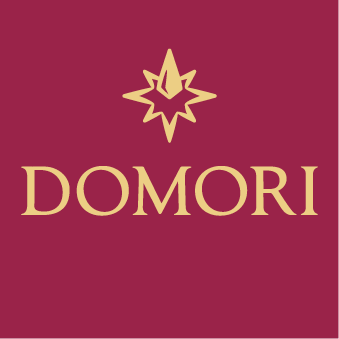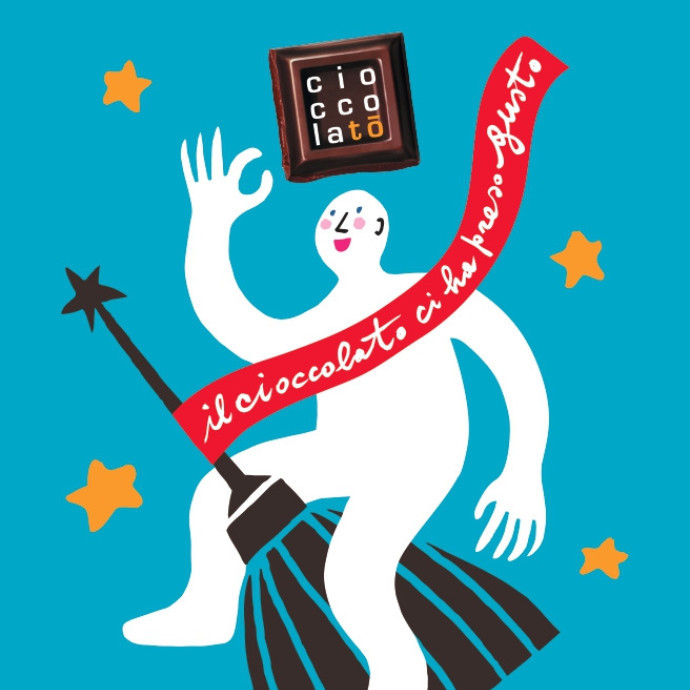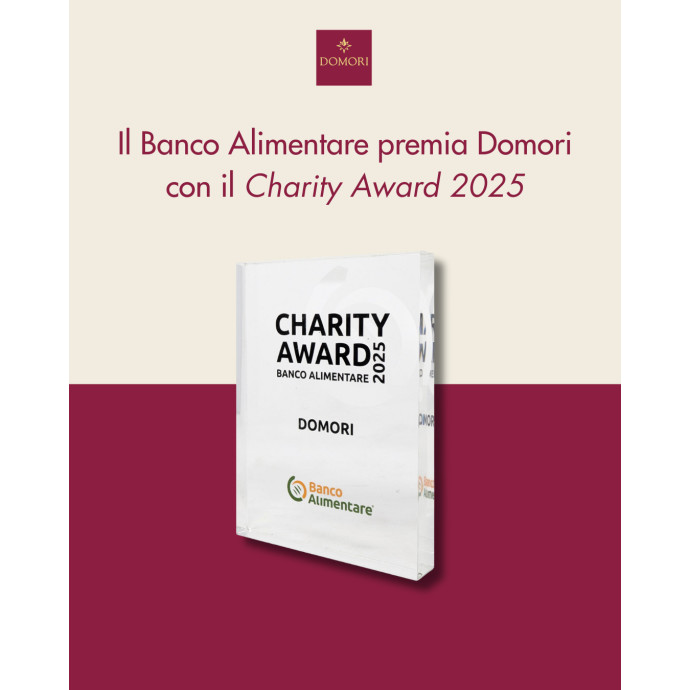Domori and its strict control of the entire supply chain.
Domori knows all the manufacturing phases of cocoa. As a brand specialising in “breakthrough” quality fine cocoa, it is proud of its direct and unparalleled knowledge of cacao growing: given that it is a producer itself, Domori understands all the difficulties of growing an extremely delicate and low-yield crop.
Domori selects the producers of its raw material directly and works with them in close contact, establishing long-term relationships for mutual growth. It is important that the growers are satisfied and can sell their cocoa at satisfactory prices to establish a trust relationship based on quality awareness.
Relationship with local producers.
Fine cacao is a low-yield crop, which is why Domori focuses on training, providing cacao producers with the knowledge to allow them to increase productivity and maintain high quality standards. Training in the field is ongoing and focuses on botanical elements, the phases following cacao harvesting, and on the fermentation process. The amount we pay to producers therefore remains constant. The minimum salary of a cacao farmer is usually strongly affected by the stock exchange, the type of cacao grown and the area it is grown in, all factors that can have a strong impact on the value attributed to the product and thereby affect quality. The only way to render high-quality production truly sustainable is to pay the growers properly: so Domori adds a fair margin to the international market price, thus covering the production costs and paying the growers for their ongoing commitment and dedication to obtaining a superior quality product.
Quality comes at a cost that Domori has always paid and continues to pay to ensure not only the unbeatable quality of the chocolate but also an ethical and fair supply chain.
"Chocolate is a whole world" and Domori is part of that world.
In addition to growing Criollo Cacao in its own right, in Venezuela and Ecuador, Domori follows its Trinitario and Nacional quality cacao suppliers in nine different countries: Peru, Colombia, Madagascar, Venezuela, Tanzania, Ecuador, Ivory Coast, Brazil and Cameroon. In each of those countries, Domori works with a solid local network of NGO, cooperatives and local authorities to ensure the best working and quality conditions throughout the supply chain, from growing to importation. The local partners are selected based on a strict assessment of the involvement with local growers and commitment to technical training, to achieve quality results in full compliance with sustainable development values.
Essentials of “Good, Fair Trade” cocoa
• A LITTLE OF THE BEST:
As this fine cacao variety has a lower agricultural yield and requires greater care during the growing and harvesting phases, Domori incentivises its partners by providing agreed bonuses on the purchase price of the raw material when they achieve certain quality standards. This incentivises them to grow lower-yield varieties of cacao, promoting conservation of cacao biodiversity.
• COMMITMENT TO WORKERS:
The supplier selection policy is designed for the creation of long-term mutual trust relationships partly owing to the ongoing discussion and training activities that Domori carries out with its partners.
The high quality standards required and the need to comply with strict protocols for the post-harvest activities require highly specialised and fairly paid for the work performed and the experience gained.
• COMMITMENT TO THE ENVIRONMENT:
In order to reduce the use of chemical products with a potential impact on the environment throughout the value chain, Domori S.p.A. commits to purchasing beans that are not subject to further chemical disinfection or fumigation processes after loading the product on container ships. This commitment is particularly apparent in the decision to produce organic products for which no treatment whatsoever is used, in 2020 the firm's production of organic products stood at around 10% of the total.
News recenti
Banco Alimentare awards Domori with the Charity Award 2025
Banco Alimentare awards Domori with the Charity Award 2025
Domori Valentine’s Day 2026: Chocolate Gift Ideas for Love
Discover Domori’s Valentine’s Day 2026 collection: Gianduja hearts, gourmet pralines and elegant chocolate gifts to celebrate love.



